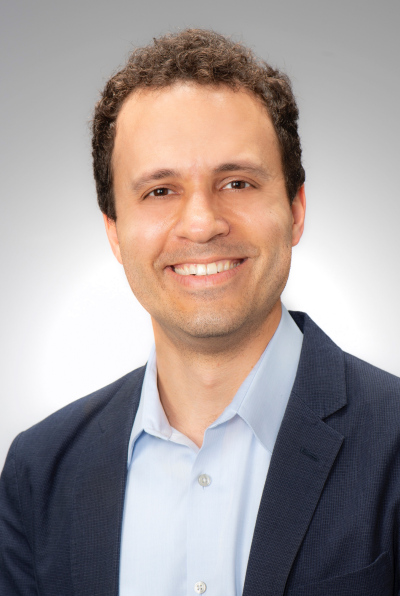
Transplanting kidneys from deceased donors who had HIV to recipients with existing HIV is as safe and as effective as using organs from donors without HIV, according to a new multicenter study published in The New England Journal of Medicine.
University of Pittsburgh School of Medicine physician-scientists and UPMC participated in the research, enrolling five patients with HIV into the trial and performing needed kidney transplants. Results of the study, led by Johns Hopkins Medicine and funded by the National Institute of Allergy and Infectious Diseases (NIAID), support expanding HIV-to-HIV kidney transplants from research-only to routine clinical practice to save lives and increase the number of available organs for everyone in need.
“I always believed that this was a really good and important study, so I was honored to be the subinvestigator at our site and invite UPMC patients to participate in the trial,” said Ghady Haidar, Pitt associate professor of medicine (Division of Infectious Diseases) and UPMC physician. “It is really gratifying to see such positive results and know that this work is reducing the organ transplant waiting list time for persons with HIV and saving lives. This work has also done a lot to help reduce the stigma around HIV, which unfortunately persists to this day.”
The HIV Organ Policy Equity Trial, called the “HOPE Trial,” was launched in 2016. In 2017, UPMC joined the multicenter network, and, in 2018, UPMC became the first transplant center in Pennsylvania to perform an HIV-to-HIV kidney transplant. The patient, Donnie Little Hamilton, recovered and continues to do well post-transplant.
In this newly published study, clinician-scientists compared the safety and effectiveness of performing a deceased donor kidney transplant among people with HIV using a donor with HIV infection with the established practice of using kidneys from donors without HIV.
The researchers evaluated 198 kidney transplant recipients with HIV—99 who received their organ from a deceased donor with HIV and 99 who received theirs from a donor without HIV. The researchers evaluated both groups for negative outcomes known as “safety events,” such as death from any cause, failure of the transplanted organ, series adverse complications, a breakthrough of HIV infection, persistent failure of HIV treatment or an opportunistic infection.
HIV-to-HIV kidney transplants were found to be just as safe and effective as non-HIV-to-HIV kidney transplants. Additionally, the only statistically significant safety event involved breakthrough HIV infections that likely resulted from patients interrupting their HIV medication, rather than the use of organs from donors who had HIV. All these breakthroughs were controlled when HIV medications were resumed.
Before the HOPE Act, which was passed in 2013, transplanting organs from donors with HIV was illegal in the United States. The HOPE Act enabled kidneys and livers with HIV to be legally donated to other people with HIV in need of transplants, as “part of approved clinical research studies.”
“Expansion of HIV-to-HIV kidney transplantation outside of research would be a win-win situation, because it will first benefit people with HIV who need kidneys by increasing the number of organs available from donors with HIV, and then, in turn, there will be more kidneys from donors without HIV for recipients without HIV,” study colead author Christine Durand, associate professor of medicine and oncology at Johns Hopkins University School of Medicine, and medical director of the Johns Hopkins Transplant Research Center, said in a press release.
Currently, the U.S. Department of Health and Human Services is reviewing public comments on a proposed rule, the Organ Procurement and Transplantation: Implementation of the HIV Organ Policy Equity (HOPE) Act. If finalized, this rule would move HIV-to-HIV kidney transplantation from research use only to an authorized clinical procedure.
“The evidence from our trial fully supports adoption of this proposed rule,” Haidar said. “Its approval will open up our ability to provide needed transplants to many more patients. HIV-to-HIV transplantation is safe, successful and ready to be broadly used to save lives and help tackle the worldwide shortage of organs available for transplants.”
The work was supported in part by NIAID and by National Institutes of Health grants R01AI120938, R01DK131926, U01AI134591, U01AI138897, U01AI177211 and R01DK101677.
